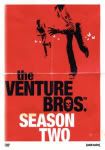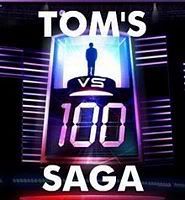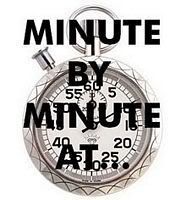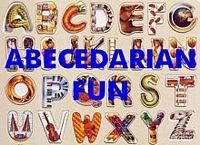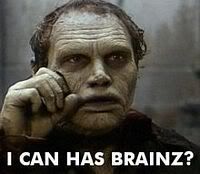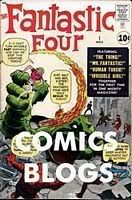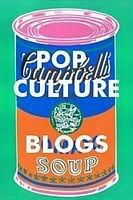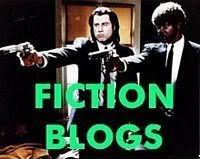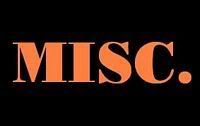MOVIES: His Girl Friday
On the recommendation of Monty from the comments to my Top Ten Directors post, I rented the DVD of His Girl Friday. I've long meant to see this movie; I'm aware of its great reputation as a classic, I like Cary Grant, I like Rosalind Russell, I like Howard Hawks. I though I would love this movie. But, at the risk of enraging Monty, perhaps to the point of bloodshed: I don't. I don't like it at all. I actually kind of hate it.
First of all, and perhaps worst of all, it's not very funny. I smiled a few times -- there are a number of clever lines and some fine moments of witty banter -- but for this team, for this movie, I expected barrels of laughs, and it doesn't deliver anything approaching that. I guess the rapid-fire cross-talk of the characters is supposed to be inherently entertaining just by itself, and I admire the facility of the delivery by Grant and especially Russell, but it's not enough on its own. Second, I don't like Cary Grant at all. He's often played smooth-talking cads similar to his Walter Burns in Friday, but his performance here is mostly lacking his usual overpowering charm. It's the fault of the character more than the performance, I'd say: Walter Burns isn't simply a cad. He's a turd. He's a world-class shitheel. I completely despise him. He's a vile, loathsome, lying, cheating, backstabbing piece of crap. He has no redeeming qualities, other than he's played by Cary Grant. And speaking of bad characters, the other reporters in the city hall press room are equally horrid; for a film that seems to want to romanticize the world of journalism, it sure makes all the journalists look like assholes. And Rosalind Russell's Hildy Johnson is just as bad. She's horrible to her fiance, played by Ralph Bellamy, who is admittedly a doormat and a sucker, but he's very kind and very supportive and very much in love with her, and she walks all over him and dismisses him completely in the middle of writing her story -- to the point of allowing him to cool his heels in jail instead of bailing him out, to the point of allowing his mother-in-law to be kidnapped by one of Grant's seedy accomplices, to the point of being totally unaware that he has told her that he's leaving town, with or without her. Also: in order to support Grant's newspaper's stance that a condemned prisoner shouldn't be executed, due to Grant's opinion that he's insane, she conducts an interview with the man in which she leads him and twists his words, fabricating a story that she gets him to endorse, which allegedly indicates his insanity because it implies sympathy to Communism. That's some fine journalism there.
Of course, I'm aware that the historical context of movies like this needs to be considered when viewing them today. In 1940, fear of the "Red Menace" was real and widespread. Enough so that it was plausible to an audience that listening to a Communist sympathizer's soapbox rantings could cause insanity in the prisoner? Maybe... but that's stretching it. It's just a ridiculous plot point. Another contextual factor that needs to be considered when watching this film is the casual racism of the age. When one reporter describes a "colored" woman having a "pickaninny" baby -- well, what are you going to do? People talked like that back then, and it's tough to resent a movie for representing that reality. However, the crime that the prisoner in question committed, the one the newspaper is devoting all its resources to defending him from, is this: he shot a cop. Now, why on Earth would a newspaper defend a guy who unquestionably, undeniably, by his own confession, murdered a policeman? Oh, wait -- it was a colored cop. Well, gee, I guess that's not so bad.
That's what this whole movie hinges on, and that's what I hate about it: the crusade Grant and Russell and their paper are all on is to save a white man who murdered a black man. Russell trumps up that ridiculous interview with the prisoner that supposedly proves his insanity, despite several doctors who have already determined him to be sane; Grant bribes the governor into signing a reprieve for the man's execution. On what basis? Why is the newspaper going to all this trouble? They think the man is getting railroaded by the justice system because the mayor's election is approaching, and he counts on the black vote to guarantee his re-election -- which just must be the only reason he would want this man brought to justice. That the mayor indeed is corrupt still does not come near justifying the extremes to which Grant, Russell & co. go to preventing the murderer's execution.
Am I overreacting to the racial issues raised by this film? I don't think so. I ask you to consider this: what if the races of the killer and his victim were reversed? Would that movie have been made, with the sympathies still so strongly and clearly with the killer? Maybe today, but in 1940 -- not a chance in hell.
So I find the plot contemptible. Isn't there enough else in the movie to make me enjoy it? After all, I find certain elements (well, one, mainly) of Philadelphia Story to be repugnant, but it's still one of my favorite movies ever. And shouldn't I cut Friday some slack, and not take a comedy (well, comedy/drama) so seriously? I say no to both questions. As I was saying above, Grant, Russell, and Hawks don't do nearly enough to redeem the plot of His Girl Friday. They give solid (though tremendously unsympathetic) performances, and the direction, with its overlapping dialogue, is practically revolutionary in the development of cinema, but they never came close to selling me on His Girl Friday as a great film. They never even convinced me it was a good film.



